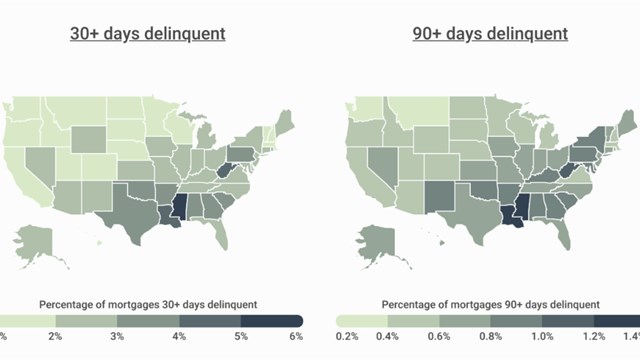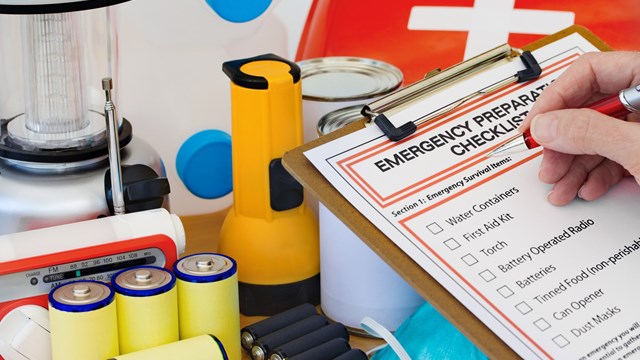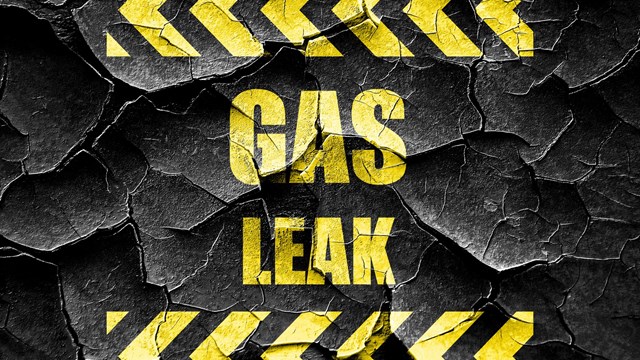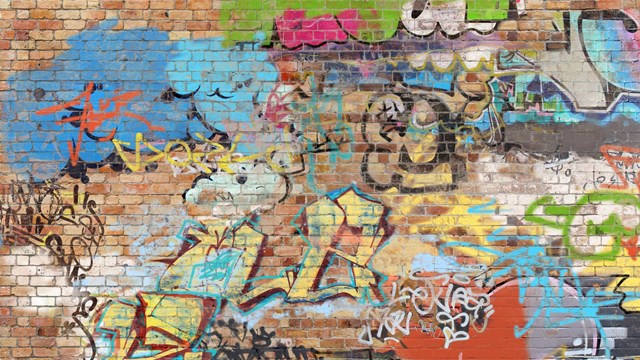NOTE: The following is content submitted to The Cooperator from a professional contributor, and reflects that contributor's opinions, experience, and expertise.
The situation regarding COVID-19 is rapidly changing, as is our knowledge of this new disease. The guidance offered here is based on the best information currently available as of March 17, 2020. Visit the NYC Health Department website nyc.gov/health/coronavirus and Centers for Disease Control and Prevention (CDC) website for more information.
Q: Are there specific safety measures building owners and managers should follow?
• Building owners and managers should ensure that common areas are frequently cleaned and disinfected. Disinfection guidance can be found at: https://www1.nyc.gov/assets/doh/downloads/pdf/imm/disinfection-guidance-forbusinesses-covid19.pdf.
Pay particular attention to cleaning and disinfecting frequently-touched surfaces such as door handles, stairway railings, elevator buttons, and laundry room equipment. The COVID-19 virus can live on these surfaces, and be transmitted by touching a contaminated surface and then touching one’s face – so frequent cleaning and disinfection are important, as is keeping unwashed hands away from the face.
• Building staff and others entering and leaving the building should practice social distancing, keeping 6 feet between themselves and others whenever possible.
• In elevators, limit the number of people getting into each car at the same time to avoid crowding and maintain social distancing. People should consider only riding the elevator with their own party, taking the stairs, or waiting for the next elevator.
• Building owners and property managers should encourage residents to stay home and go out only if necessary.
Q: What if there are no building staff reporting to work?
• Building owners and property managers may consider identifying back-up staff or asking for resident volunteers to help with package delivery, routine cleaning and disinfecting, and other tasks in the building as appropriate, while encouraging social distancing.
Q: Will the City notify building owners or residents if someone in the building is sick or tests positive for COVID-19?
• No. The NYC Health Department will not notify building owners or residents of reports of sickness or cases.
Q: Should property managers or residents notify the City or others in a building if a person in the building is sick or has COVID-19?
• No, property managers and residents do not need to notify the City or others in a building if someone in the building is sick. With widespread community transmission, many people will get sick and recover at home. All New Yorkers should follow health guidance, take care of themselves, and assist and support their neighbors to help limit the spread of the virus.
• If you become aware of an ill resident who needs emergency assistance, call 911.
• If you or someone else needs help finding a healthcare provider, call 311.
Q: Should building deliveries (i.e. food, basic supplies, or medicine) be handled differently?
• Building occupants (including both staff and residents) should maintain social distancing when getting packages, mail, and entering or exiting the building. In a large residential building where packages are left in the lobby, building staff may consider assisting residents by dropping deliveries outside of their apartment.
• Some delivery services (e.g., Uber eats, Freshdirect, Amazon) also have an online section for “special instructions” where individuals can enter more information and request, for example, that packages be delivered to the door, or to text/call and leave the package(s) at the door in an effort to minimize person-to-person contact and touching of surfaces.
Q: If a resident returns from a foreign country impacted by the virus, can they return to the building?
• Yes, people returning from international travel should be allowed to enter the building.
Q: Should temperature or humidity in buildings be adjusted to prevent the transmission of COVID-19?
• There is no data to suggest that adjusting the temperature or humidity of a building would be an effective way to reduce transmission of COVID-19. The Health Department does not recommend that buildings increase humidity levels to control COVID-19 transmission.
Q: At what temperature should the water used to clean hands be set in building bathrooms?
• Keeping hands clean is one of the most important steps we can take to avoid getting sick and spreading germs to others. While soap and running water are both needed, hands can be cleaned using either warm or cold water. For more information about hand washing, visit: https://www.cdc.gov/handwashing/show-me-the-science-handwashing.html
• Building owners and property managers can consider putting posters about hand washing in bathrooms and other key locations: https://www1.nyc.gov/assets/doh/downloads/pdf/cd/cd-adult-handwash-poster.pdf
Q: How else can residential building owners and property managers help residents stay healthy and reduce isolation during this time?
• If building staff have the capacity, consider checking in with residents by phone or text (not in person) who express interest in this type of contact.
Q: Where can residents and building owners find more more information and support?
• For real-time updates, text "COVID" to 692-692. Messages and data rates may apply.
• Visit nyc.gov/coronavirus for additional resources and information.
• If you need a provider, NYC Health and Hospitals provides care to all New Yorkers, regardless of immigration status, insurance status or ability to pay. Call 844-NYC-4NYC (844- 692-4692) or 311.
• If you are feeling anxious, stressed or overwhelmed, connect with trained counselors at NYC Well, the City’s confidential helpline. Call 888-NYC-WELL (888-692-9355), text "WELL" to 65173. Or chat online at nyc.gov/nycwell.










Leave a Comment